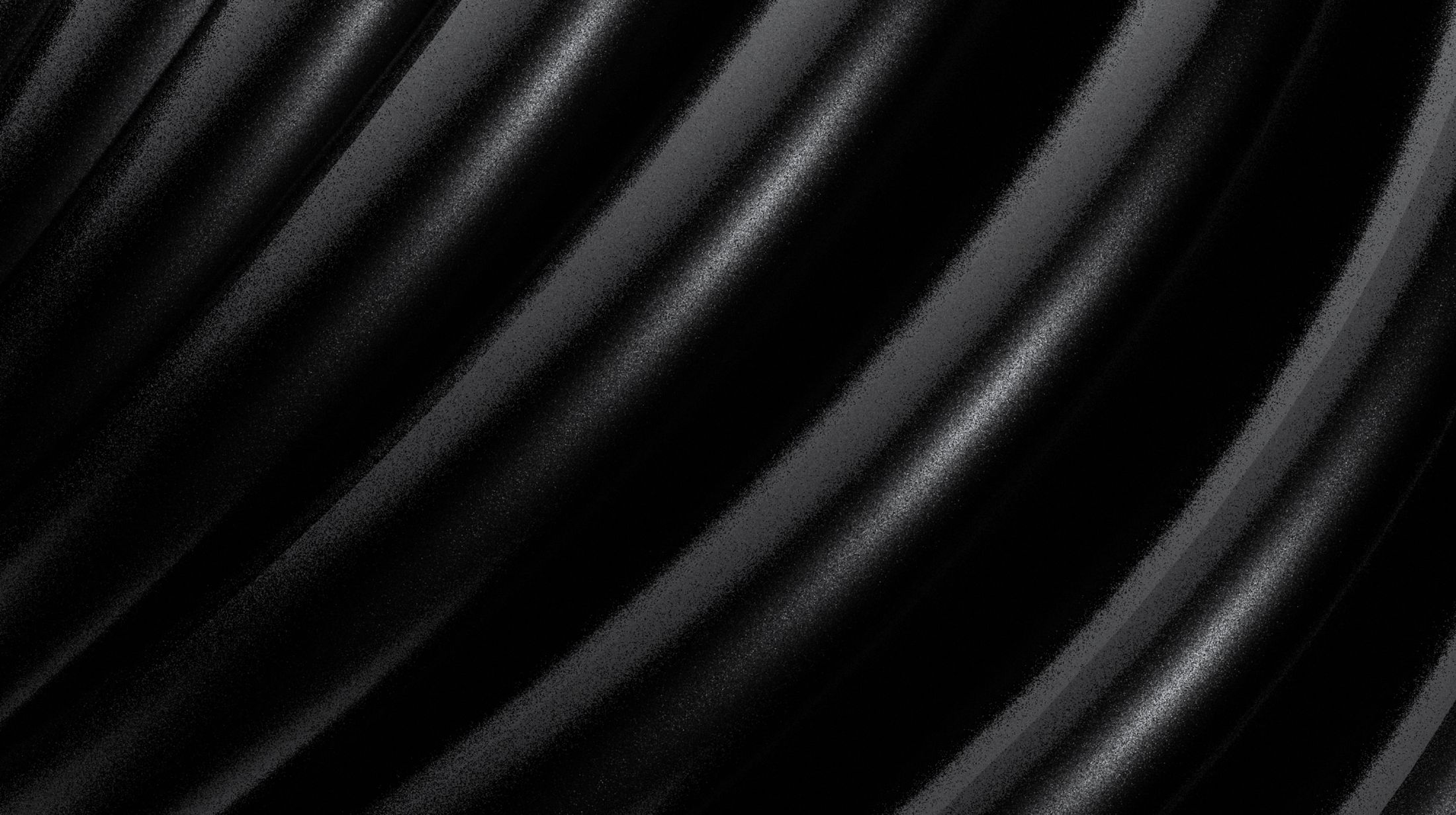



If you have signs of aging focused primarily on the cheek and midface region, this type of facelift may be your best option.
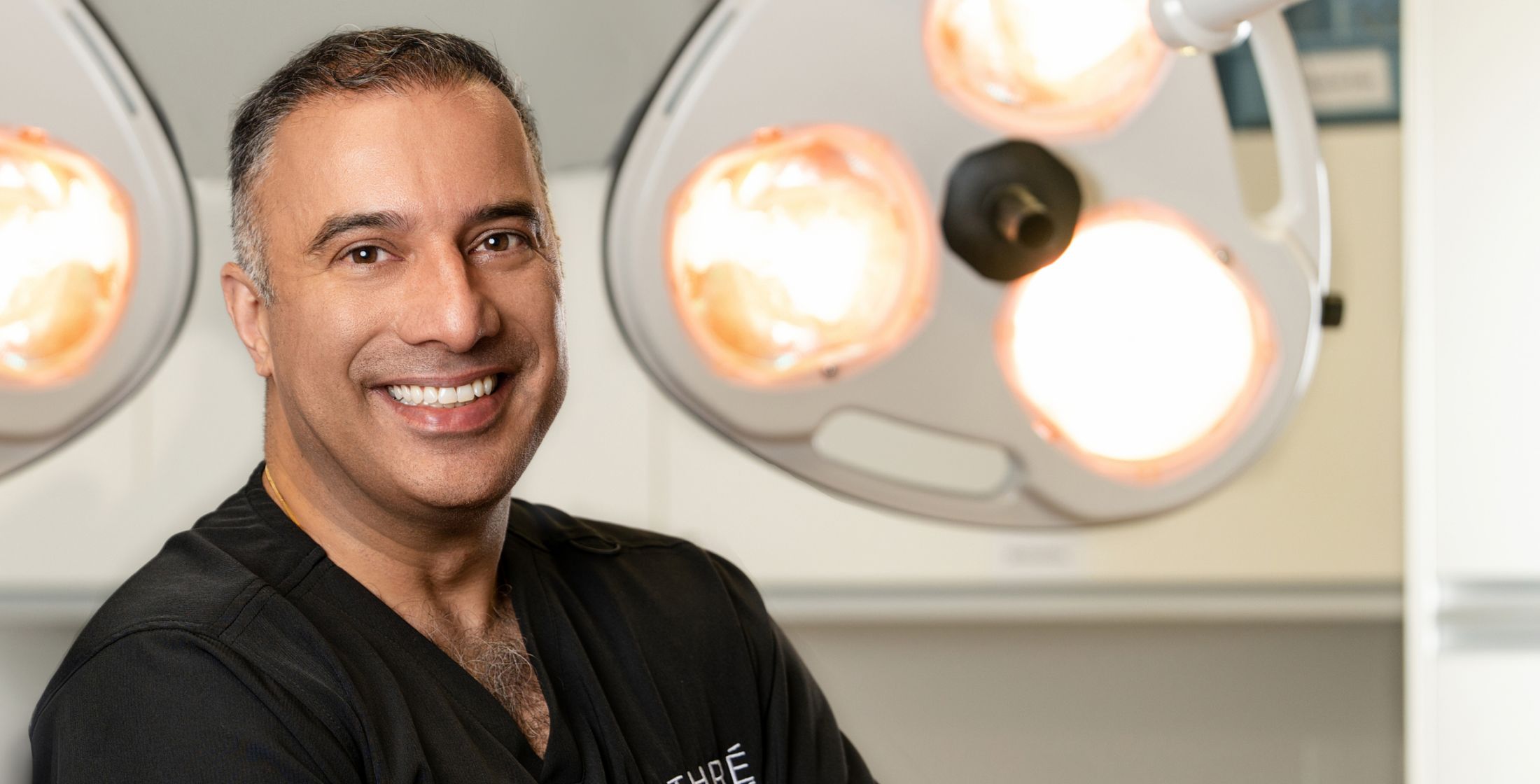
A MACS lift is a vertical vector cheek lift. Breaking this statement down, a MACS lift, commonly known as a Midface lift, is a surgical procedure that primarily addresses the cheek and midface region of the face and neck. It does not affect the jawline, neck or the lower face. This is in contrast to a traditional facelift which addresses the midface, jaw, and neck, or a lower facelift/neck lift which addresses the jawline and neck.
Also, a MACS lift lifts the cheek in a vertical fashion. Gravity tends to pull tissues down in a straight-line vector towards the ground. A MACS lift reverses the downward pull in a vertical lift cosmetic procedure. MACS is an acronym and stands for Minimal Access Cranial Suspension Lift.
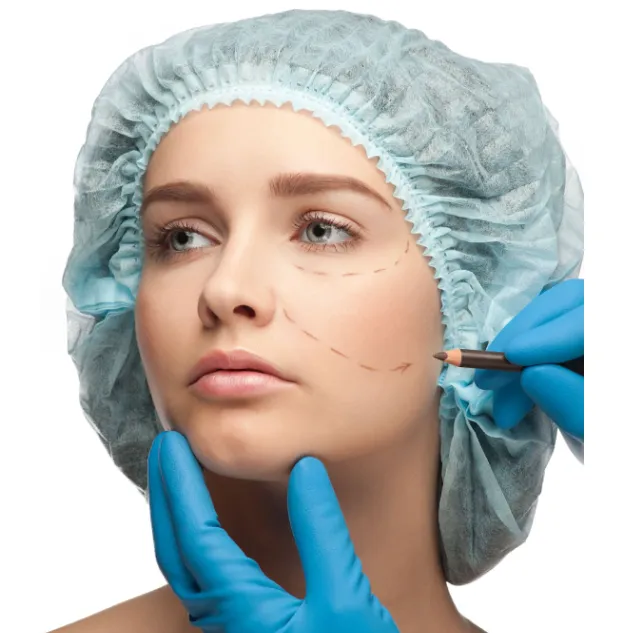
The midface is an area bounded by the lower eyelid, the intersection of the nose and the face, and the sideburn area.
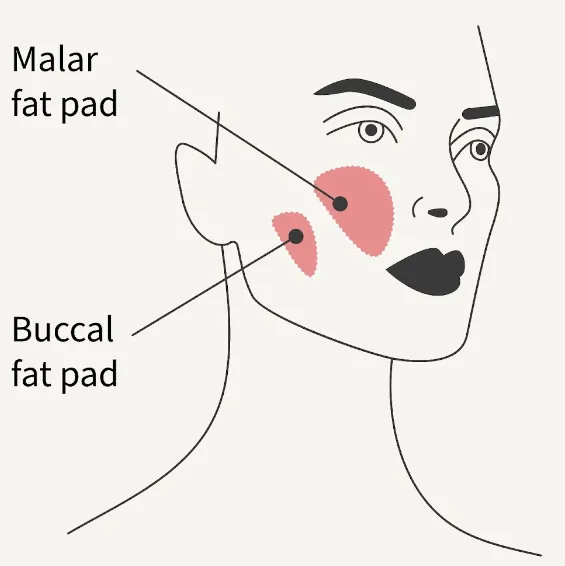
The youthful face shows volume in the upper part of the midface, overlying the zygoma, the upper cheek bone. This creates the heart-shaped, youthful face. As we age, the malar fat pad starts to fall.
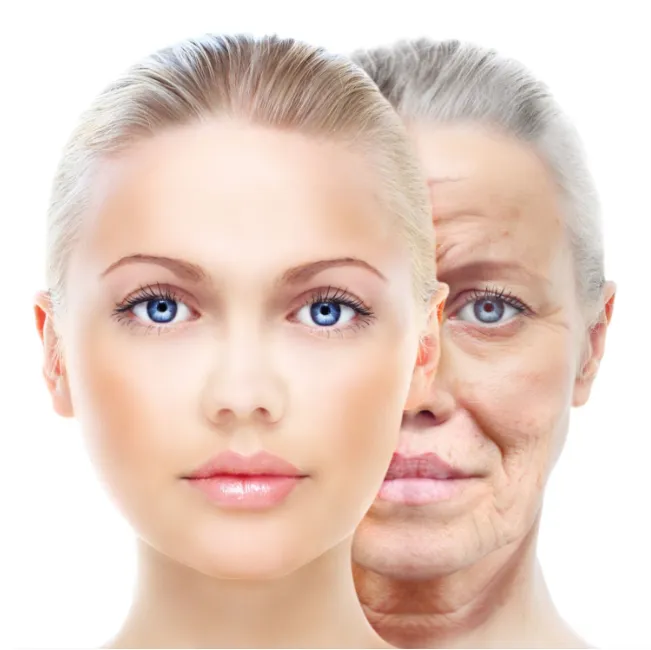
The signs of aging are present when the bulk of the volume sits lower in the cheek region, leading to a rounding or squaring off effect. If a patient has aging in the midface region, our Houston midface lift may be appropriate. A MACS lift is a type of midface lift, and is the type of midface lift preferred by Dr. Athre.
The zygoma is wrapped in a tough connective tissue layer called the zygomatic periosteum. This layer is fixed to the zygoma. Its toughness, and the fact it is essentially glued to the zygoma bone make it excellent to use to suspend tissues. This is the tissue that the fallen tissues of the midface are secured to. The primary direction of the suspension is vertical. In a simplistic way, the MACS lift is a cheek only facelift, that is suspended to the zygoma periosteum.
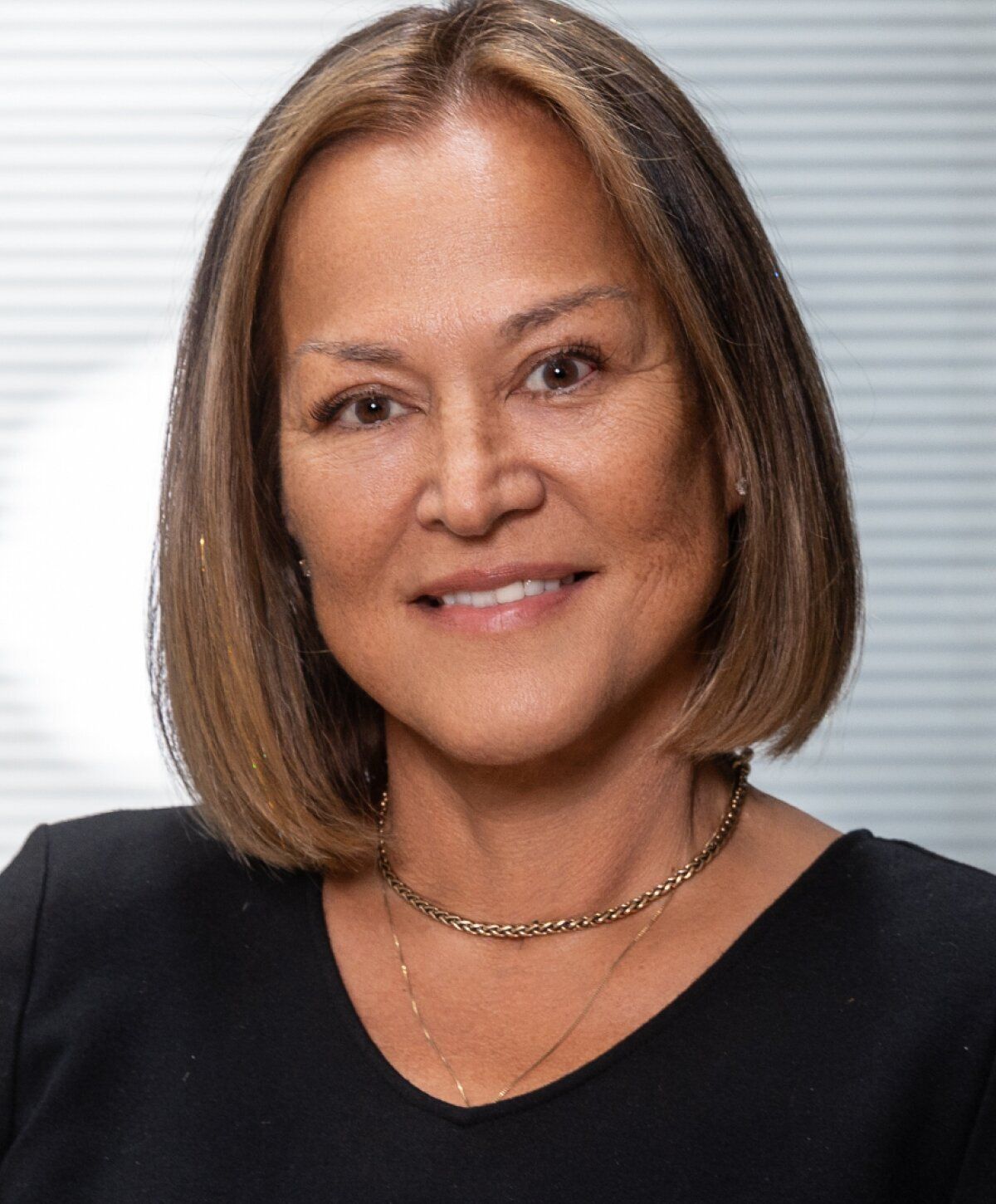
The vast majority of midface lift procedures are performed under local anesthesia. The procedure can be performed under general anesthesia in patients who prefer general anesthesia or patients who are extremely nervous and anxious. (Learn more about anesthesia for facial procedures by watching Dr. Athre’s video)
Once anesthesia has been induced, small incisions are made in the sideburn, and in the crease between the ear and the face. The incision continues behind the tragus into the canal of the ear. This is called a post-tragal incision and is performed to prevent a scar in front of the ear. The incision continues to the lobule, and continues for approximately 1 cm behind the ear.
Through these incisions a limited skin flap is elevated. The level is between the skin and the SMAS. Once this has been done, several sutures are used to lift and suspend the SMAS tissues to the zygoma periosteum/fascia. The skin is redraped, excess skin is cut, and the skin is closed.
The limited dissection of this technique minimizes recovery time, swelling and bruising. After a midface lift Houston patients can resume daily life activities in 24 hours and return to normal work with minimal makeup in 7 days. In this way, this procedure is similar to a mini facelift.

The primary results of a MACS lift are:
Good candidates for a MACS midface lift are:
Patients with significant aging and/or laxity of neck, jawline and other areas of the face are probably better served with a deep plane facelift or other types of face lift procedures.
“From consultation to post Op, Dr. Athre and the entire process has been great, including my results. I was incredibly nervous but Dr. Athre made me feel comfortable and I felt like he genuinely had my best interests in mind. He thoroughly explained what to expect, answered all my questions, and reassured me that I had nothing to fear. I’m super pleased with the results as they are exactly what he promised they would be.”
